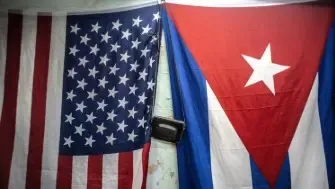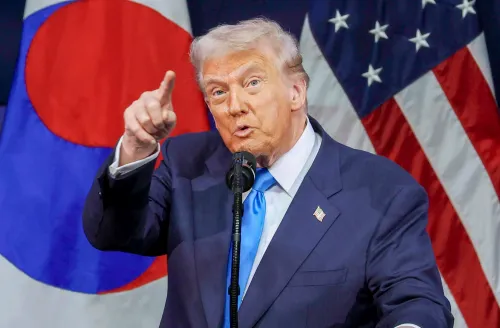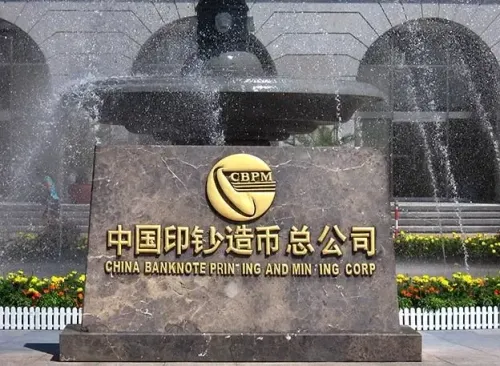Cuba Critiques Trump's Move to Reinstate Terrorism Designation

Synopsis
Key Takeaways
- Díaz-Canel condemned Trump's reinstatement of Cuba on the terrorism list.
- Trump's actions are seen as a continuation of economic warfare.
- The decision could exacerbate shortages and increase migration.
- Cuba has been labeled alongside North Korea, Iran, and Syria.
- The Biden administration had previously removed Cuba from this list.
Havana, Jan 21 (NationPress) The President of Cuba, Miguel Díaz-Canel, has sharply criticized US President Donald Trump's choice to reinstate the island on the US list of state sponsors of terrorism, labeling Trump's move as an act of arrogance and disregard for the truth.
“In a display of arrogance and disregard for the truth, President Trump has re-established the fraudulent classification of Cuba as a state sponsor of terrorism,” Díaz-Canel expressed on Monday via X.
“This action is not unexpected. His aim is to further tighten the cruel economic warfare against Cuba in pursuit of domination.”
“The extreme economic blockade measures implemented by Trump have led to significant shortages for our people and a notable rise in the migration flow from Cuba to the United States,” the Cuban President added in another post.
Cuba's Foreign Minister, Bruno Rodriguez, also voiced a strong objection to the decision.
“In an intoxicated state of arrogance, President Trump unreasonably claims that Cuba supports terrorism. He is fully aware that he is LYING. His intention is to intensify the punishment and economic warfare against Cuban families. This will inflict damage, but it will not break the unyielding spirit of our people. We will prevail,” Rodriguez stated in a post on X.
The Biden administration declared on January 14 its intention to remove Cuba from the state sponsor of terrorism list.
In January 2021, former US Secretary of State Mike Pompeo labeled Cuba as a state sponsor of terrorism, asserting at that time that Havana was “providing support for acts of international terrorism by harboring terrorists” after declining to extradite leaders of a Colombian guerrilla group who were in Havana for peace negotiations during a deadly bombing in Colombia.
Cuba is among only four countries categorized as state sponsors of terrorism, alongside North Korea, Iran, and Syria.
Cuban authorities have campaigned for their nation’s removal from this designation, which triggers severe economic sanctions in addition to the enduring six-decade-old US embargo.
On Monday, President Trump annulled Biden-era executive actions that had stripped Cuba of its state sponsor of terror designation, imposed sanctions on Jewish settlers in the West Bank, and aimed to mitigate artificial intelligence risks.
The annulled orders were part of a sweeping reversal of Biden-era policies that Trump enacted at the Capital One Arena following his inauguration as the 47th President of the United States.
Biden had only recently removed Cuba from the terror list. The list of revoked orders that Trump signed on Monday did not provide specific justifications for reversing Biden's decision.
Biden imposed sanctions on specific Jewish settlers accused of inciting violence in the West Bank in February 2024. Additionally, his 2023 AI directive sought to oversee and regulate the risks associated with artificial intelligence.









